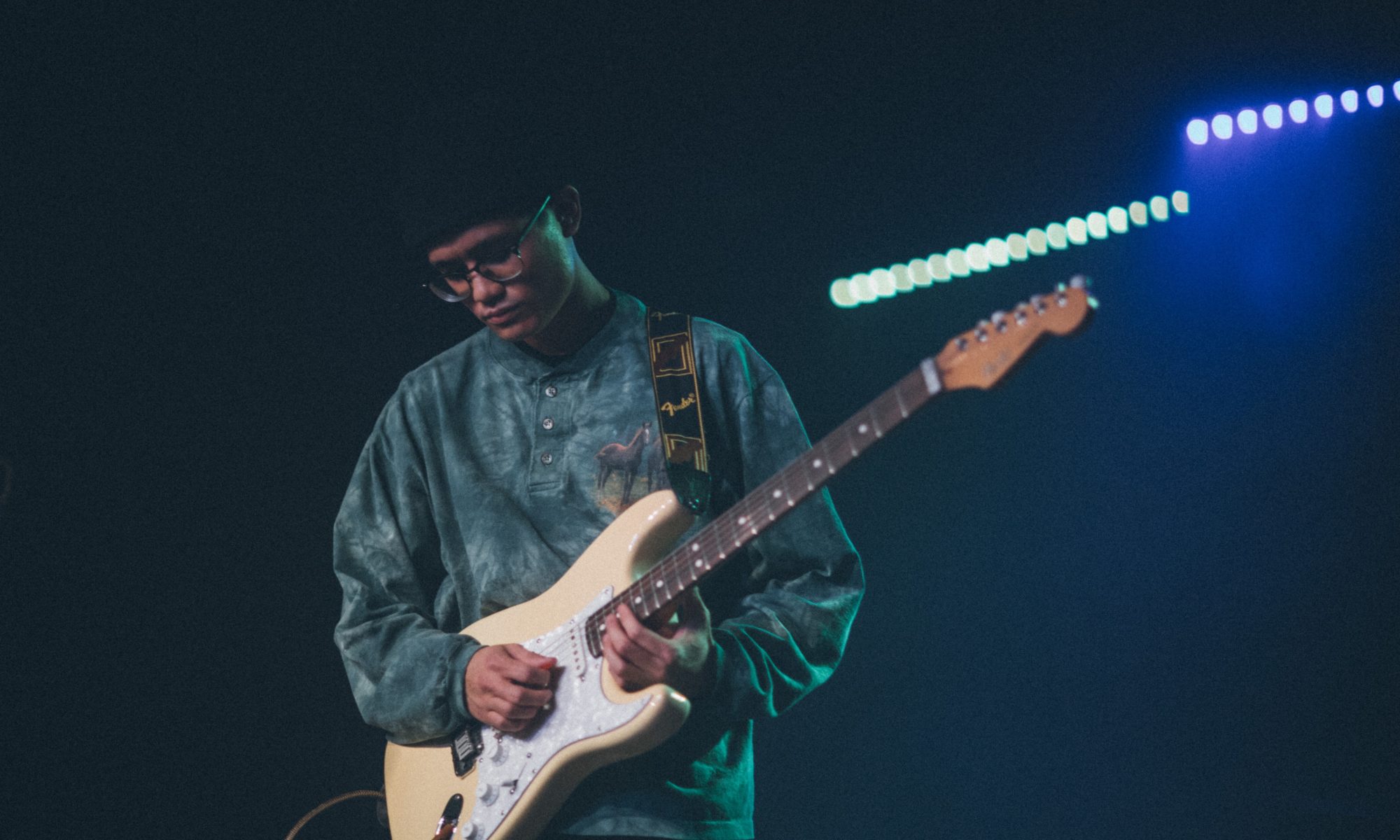Xavier Rudd and the United Nations are on tour through Canada to promote their latest album, Nanna. They’ll be making a stop in Winnipeg this Saturday, October 31 at the Burton Cummings Theatre. Stylus caught up with Xavier over the phone.
Stylus: You’re playing with a full band on this record. Who are the members of your band, and what can you tell me about them?
Xavier Rudd: Everyone comes from a different place. That was the context of this band, to pull together a whole bunch of different cultures and bring them all to the table where we could share everybody’s influences musically. We have a lot of different things happening, different indigenous Australian cultures, South African, Samoan, German, and Irish. It’s been quite an interesting project.
Stylus: Was there any influence in particular that surprised you, or was particularly influential to the record?
X.R.: Nothing in particular, because I write all the songs and then everybody’s styles and cultures were represented through the music and it became its own thing. It’s quite an interesting record with an interesting live show, because people’s history over time and people’s emotion and story comes through in their music. It’s one of those forms of expression that does date back through bloodline, through your parents. When people play music it tells you what their story has been.
Stylus: Listening back to this album, what are the differences you notice on this release vs previous releases?
X.R.: Well, it’s totally different. It’s a big nine-piece band on the album, and most of my past recordings have just been me. The biggest band I’d ever played with was a trio. That’s the obvious difference, is the amount of sound that’s happening. My parts are minimal because I’m trying to leave room in the real estate for everybody else. The challenge for me was to come up with new parts that were effective but quite thin in the mix. In the past I’ve always taken up as much space as I can, musically and sonically. That was my thing, to sound as big as possible with one person.
Stylus: Putting together an album like this and making that shift from one person to nine, does that make the overall process easier or more challenging?
[Long pause]
X.R.: I reckon it’s about the same, but in different ways . . . actually no, it’s probably been easier. Everything just flowed. It was really quite organic how all the parts came together. Everything flowed really well because everything people brought to the table just worked, so there was no audition process, it just came together. There was just a bit of editing, more so than anything.
Stylus: Errol Brown mixed the album. What was it like working with him, seeing as he’s worked with some really iconic figures in reggae?
X.R.: It was a real honor to make a reggae record and then have him mix it because he mixed all those Bob Marley classics, which was a big deal for me. Also, he was so into the record and he really loved it. So it was a real treat and a real honor.
Stylus: You’ve explained that Nanna is inspired by the spirit of the ‘ancient feminine’. How do you explain what that is or feels like?
X.R.: Ever since I was a little boy, I’ve had this feeling of having an old woman with me. As I’ve grown older I had to understand that I feel like it’s my great-grandmother or my grandmother . . . As I’ve grown older I’ve realised that there is some other presence that comes through my music, and I’m often just a vessel for that. My responsibility, or my role, is to stay as strong as I can to let that spirit come through. It needs to be what it needs to be, and I need to hold space for that.
Stylus: Quite a few of your Canadian tour dates are in smaller cities and towns. What’s the idea with that?
X.R.: In Australia we did regional shows. I feel like this is an important band where the message is about one people walking together, all cultures coming together and learning about each other to protect land. We tried to tackle a lot of smaller towns in Australia because they don’t often get the opportunity [to hear those messages]. We felt like it was important to take that message to small towns. We don’t have the time or resources to get to everywhere in Canada, but we tried to get to smaller towns along the way.
Stylus: You’re playing in Winnipeg on Halloween and it feels like folks are really excited and ready to party with you. I was trying to find spooky facts about Winnipeg, but I started getting scared looking things up [laughs], so I’m not able to offer you any spooky anecdotes.
X.R.: [Laughs] I’m looking forward to Winnipeg. I love that place, I love the people. It’s going to be a good time for sure.
Victoria King


